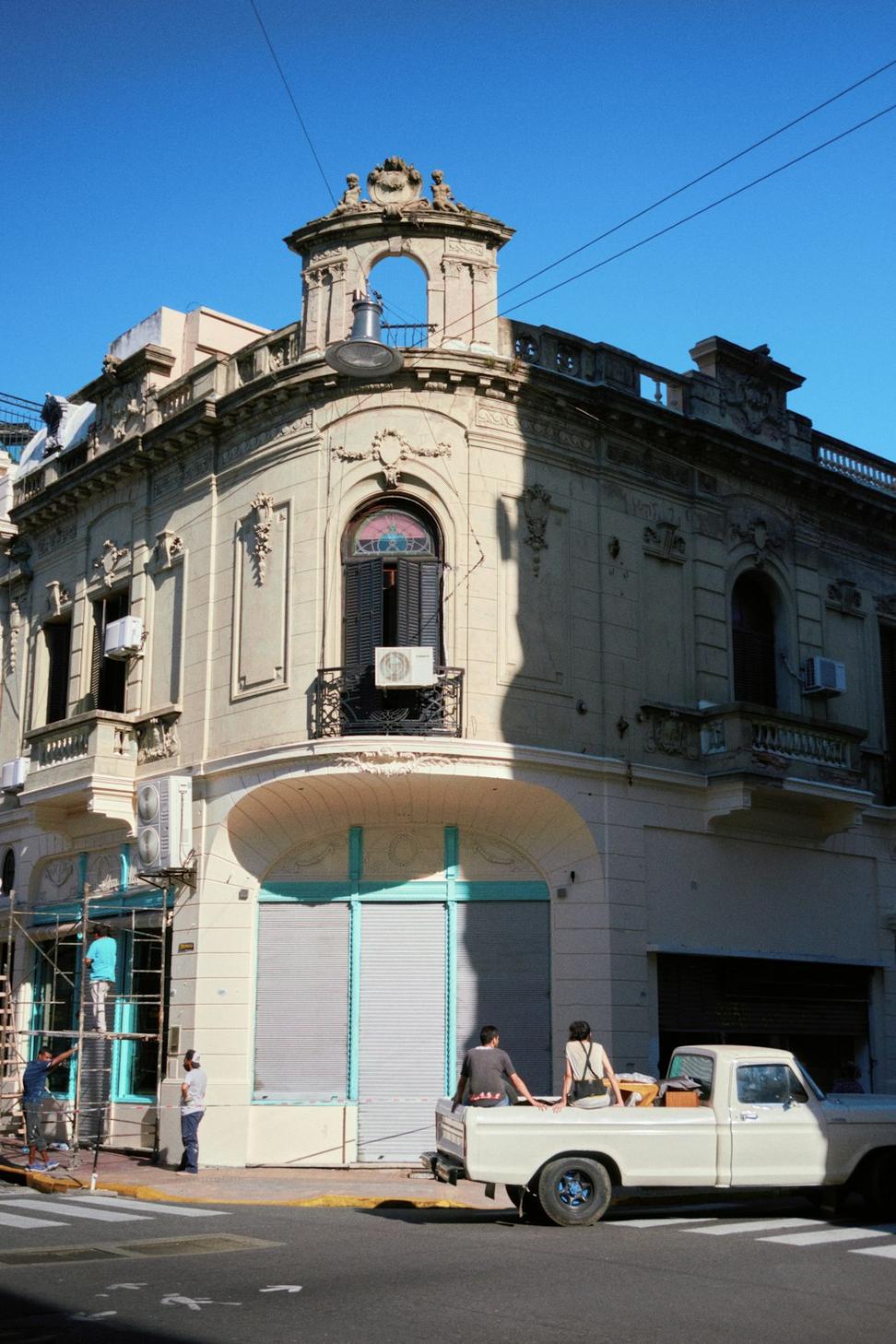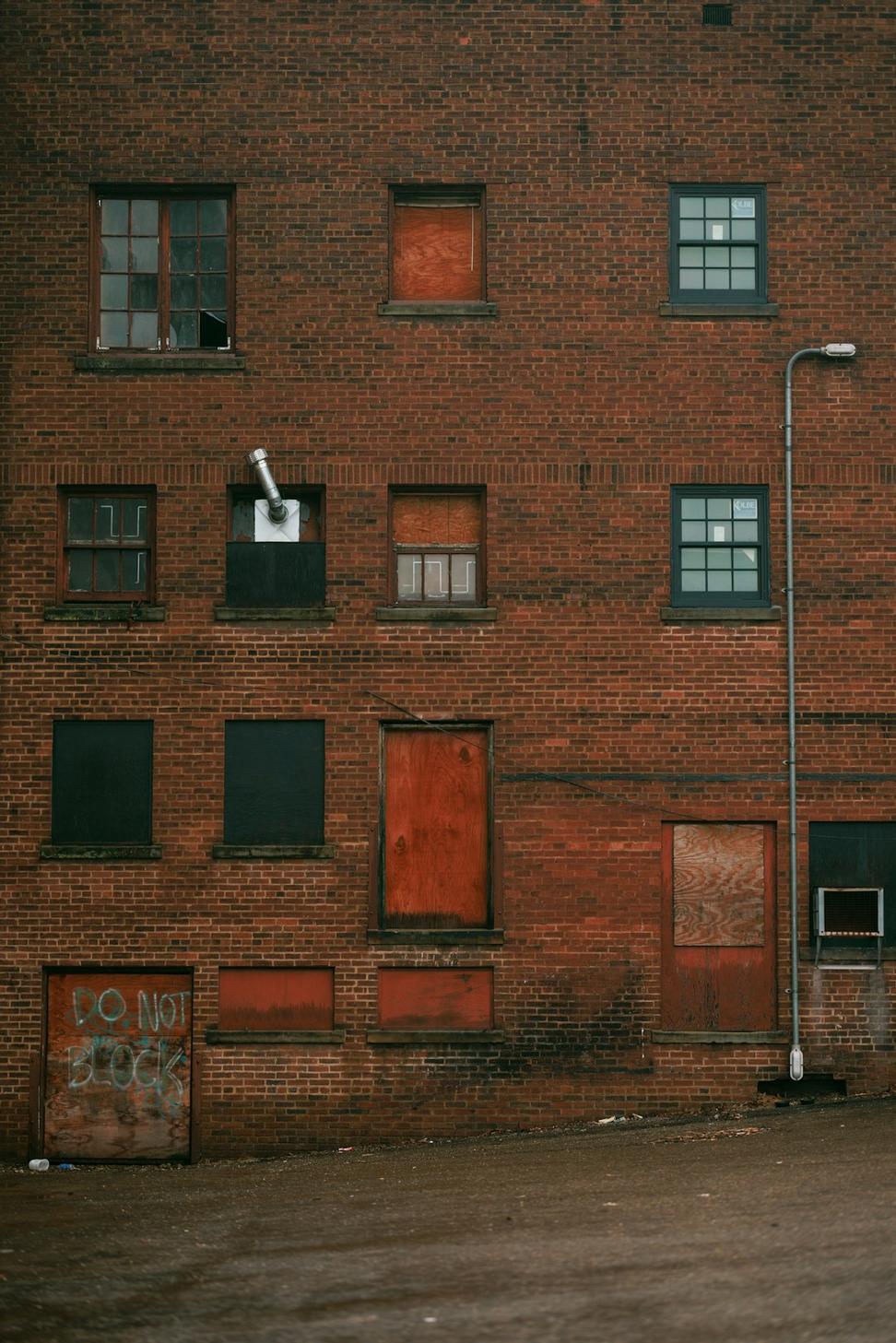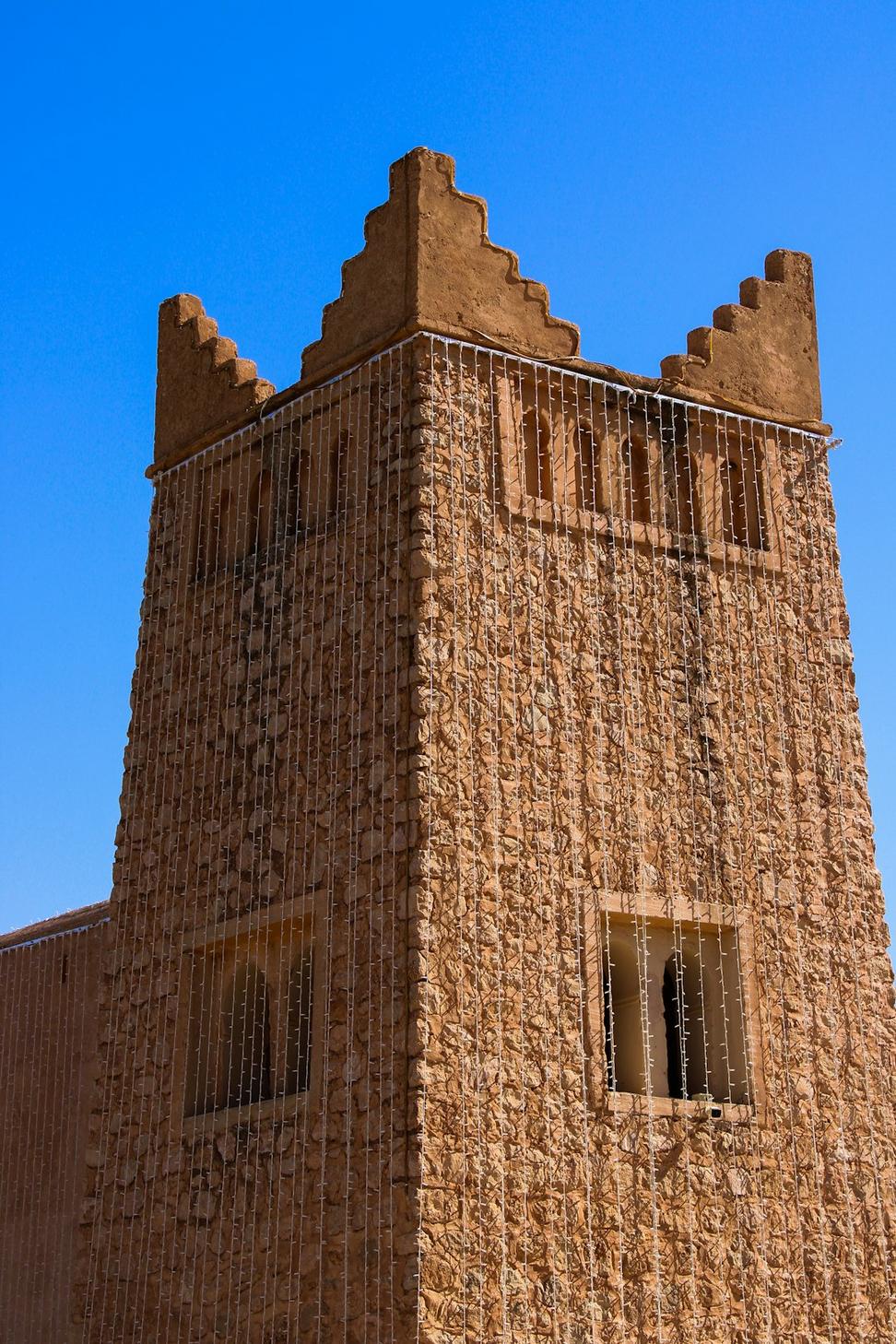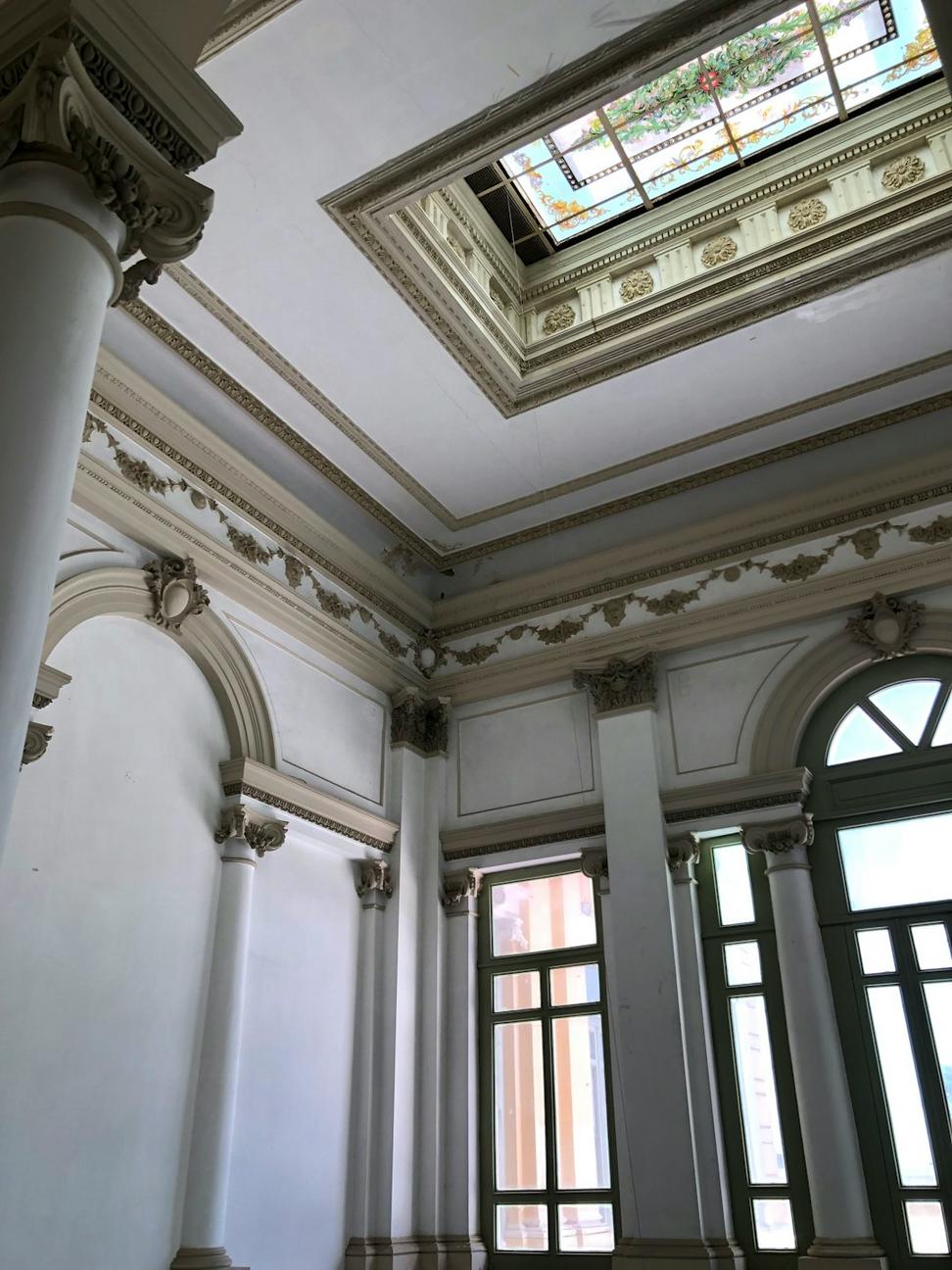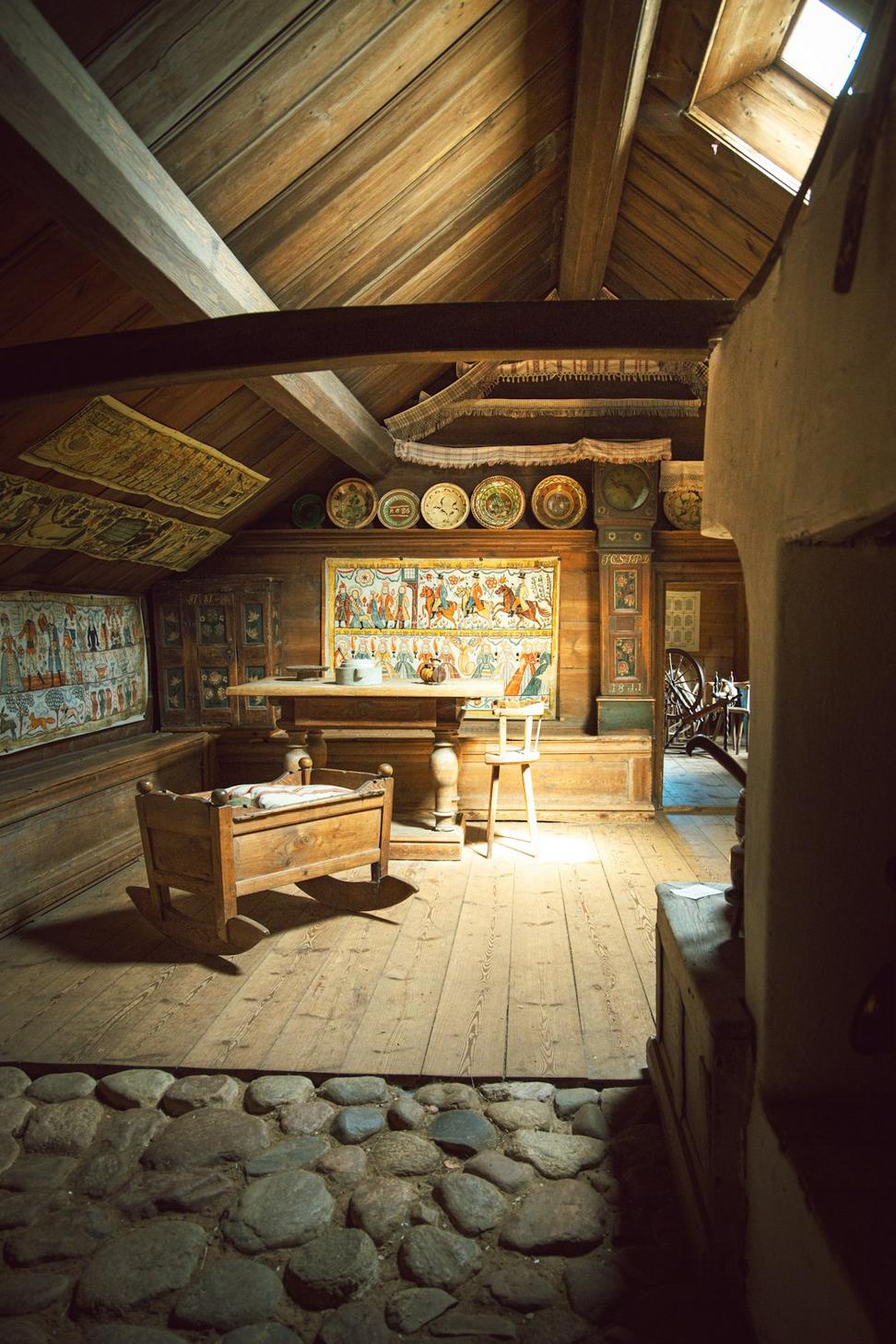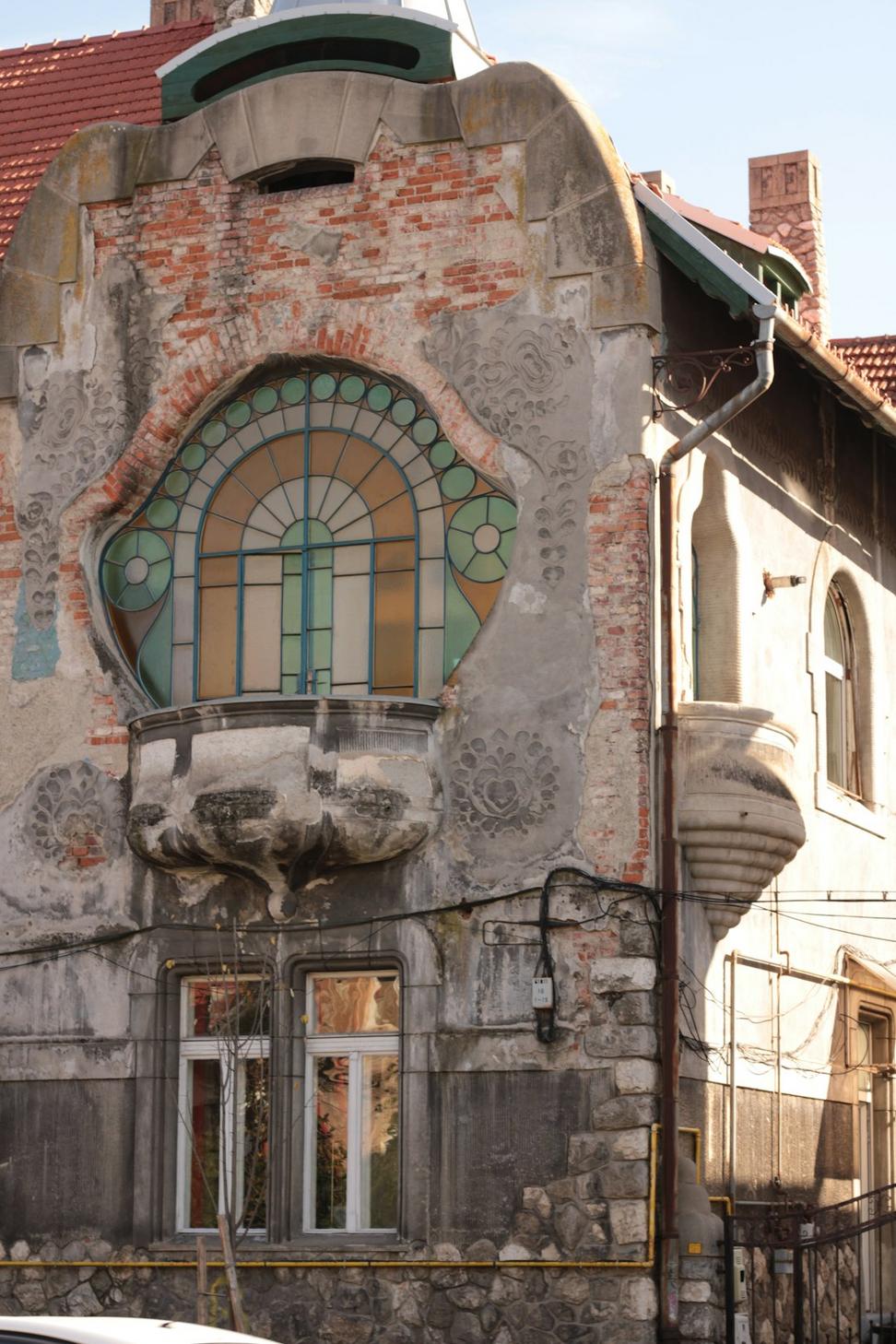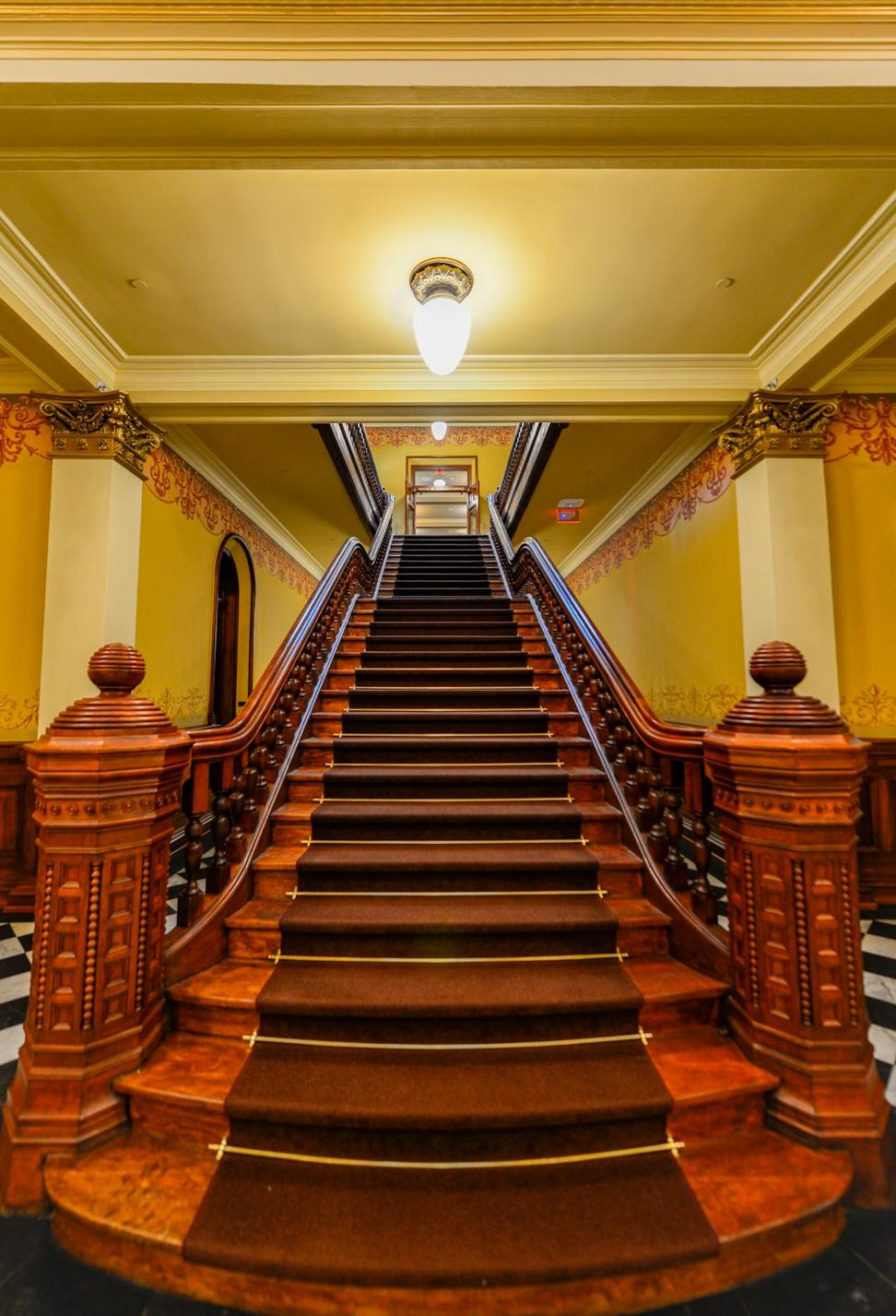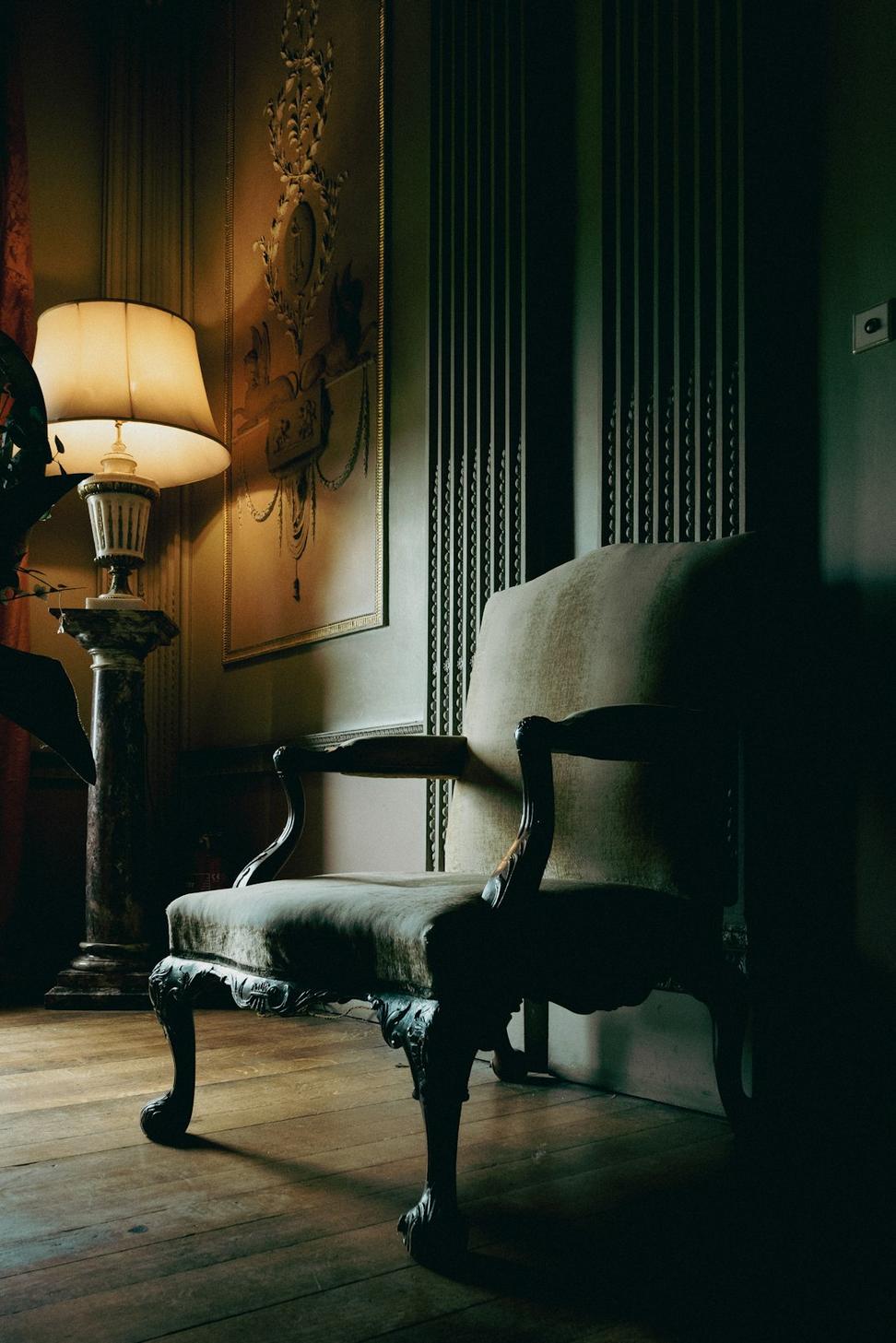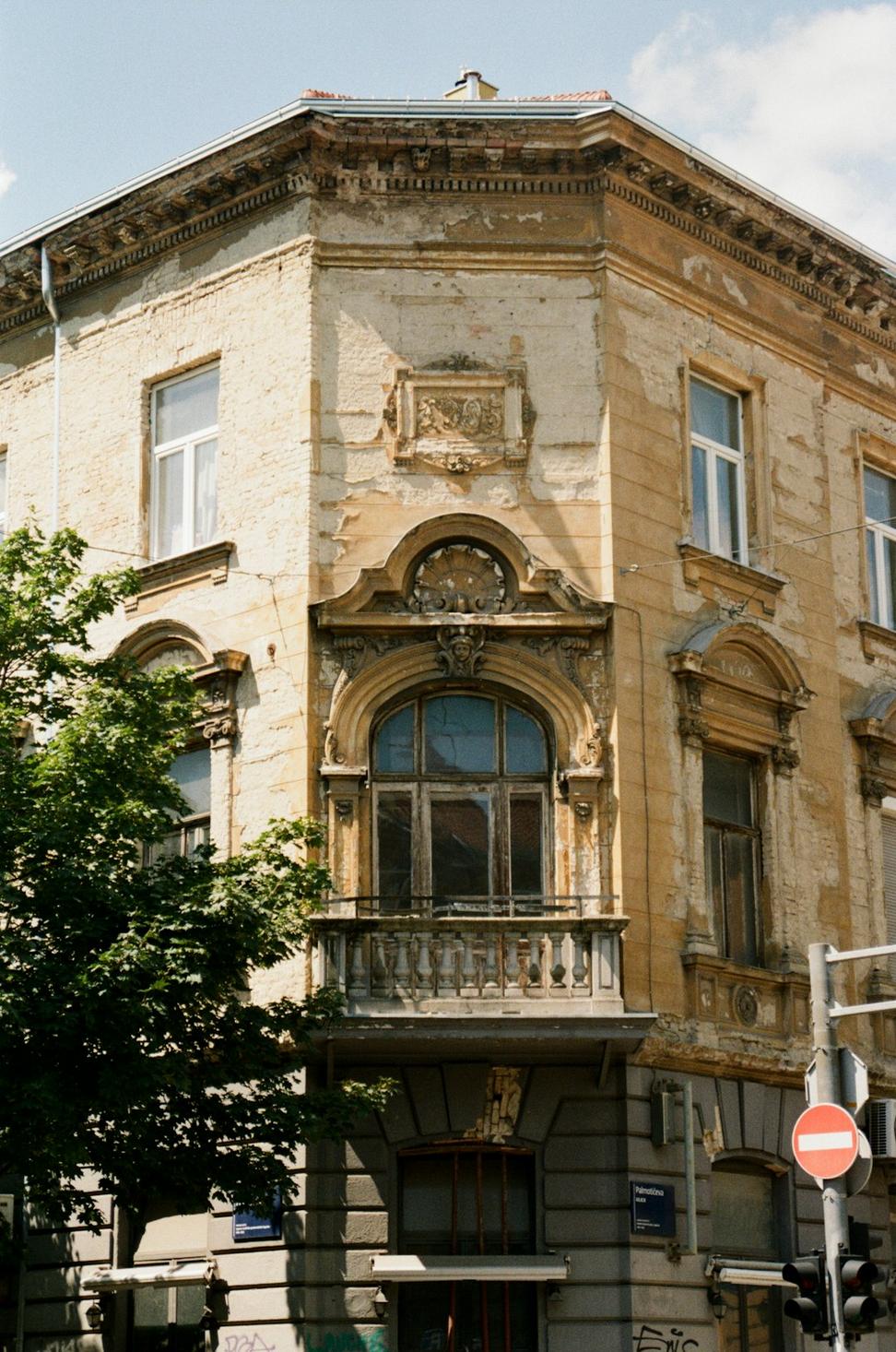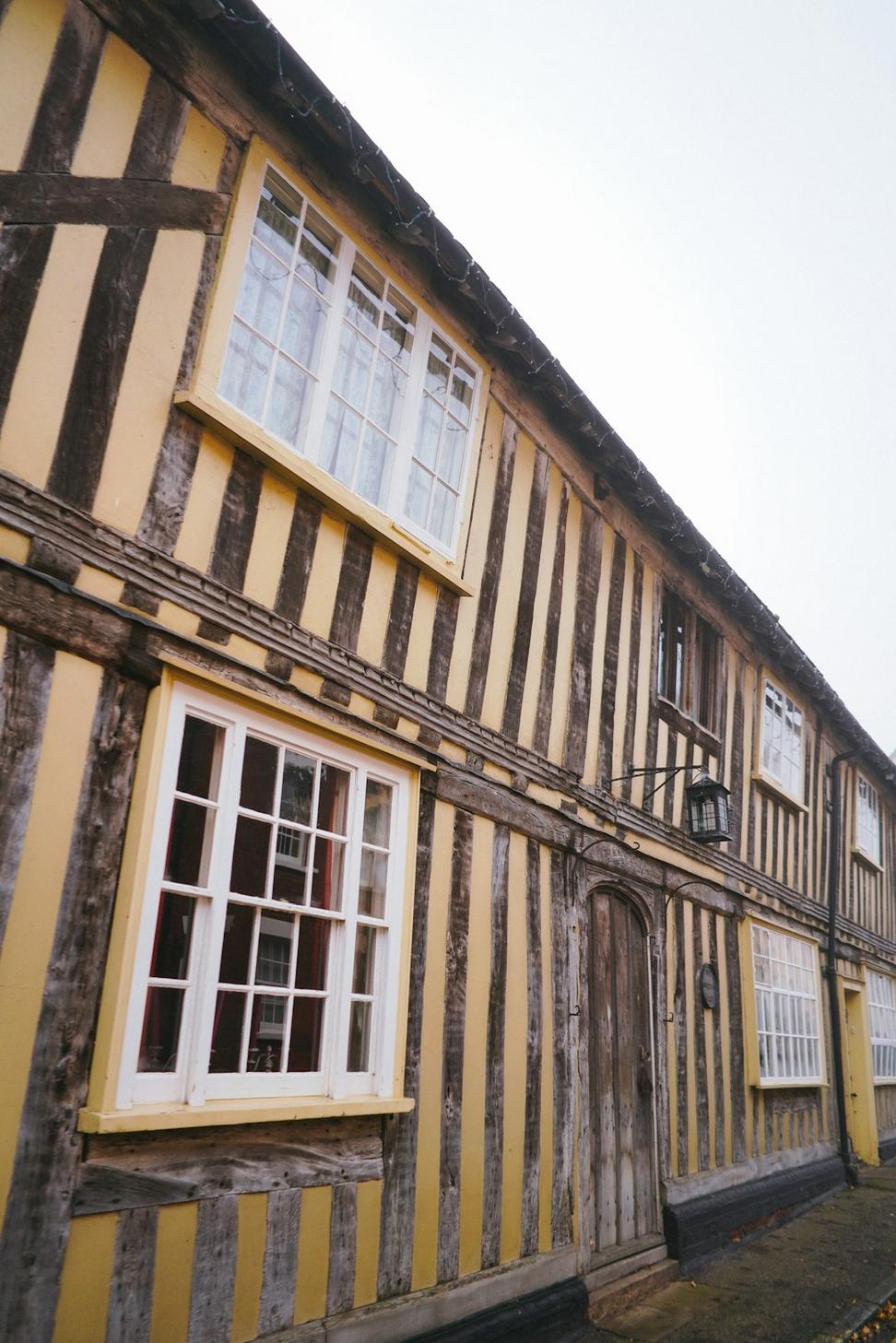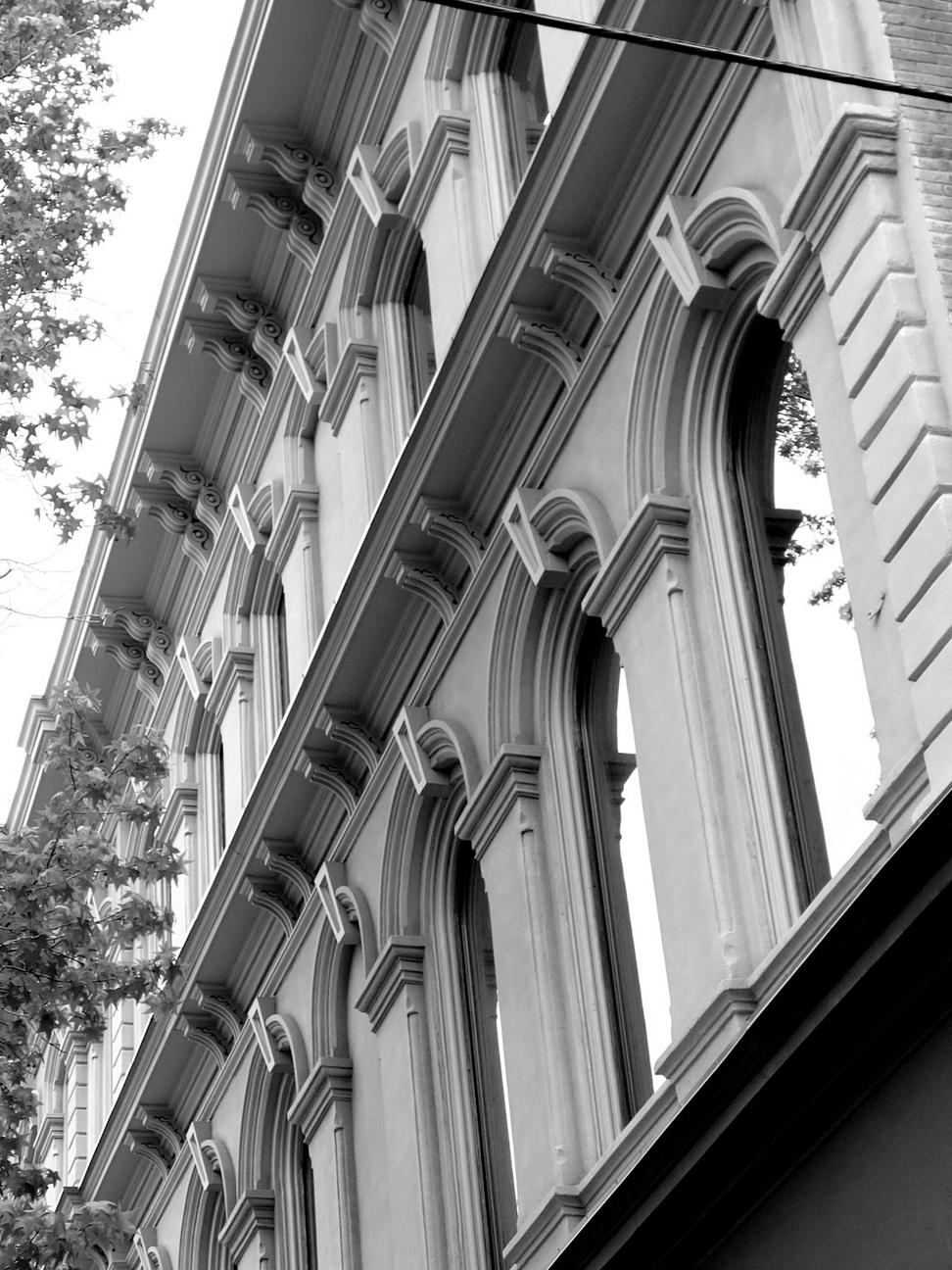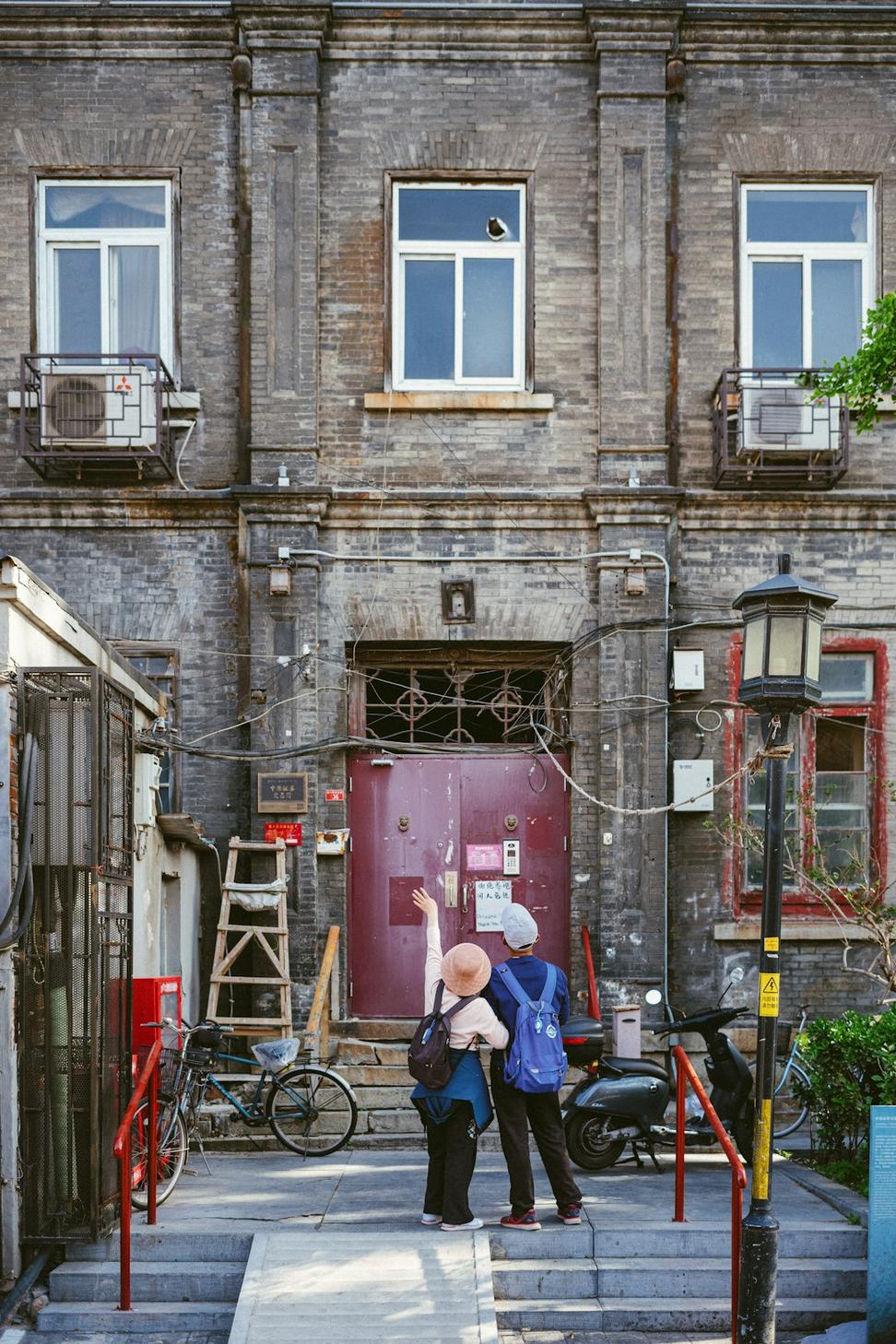The Documentation Phase
Before we touch anything, we document everything. And I mean everything - we're talking laser scanning, photogrammetry, material analysis, the works. It's tedious as hell but there's no other way to do this right.
We've learned the hard way that assumptions get you in trouble. That "simple brick repair" can turn into a three-week project when you discover the mortar is actually lime-based from 1890 and needs a custom mix. Or when the "wood paneling" is actually old-growth Douglas Fir that's basically irreplaceable today.
Research
Historical archives, original plans, building permits, old photos
Analysis
Structural assessment, material testing, environmental impact
